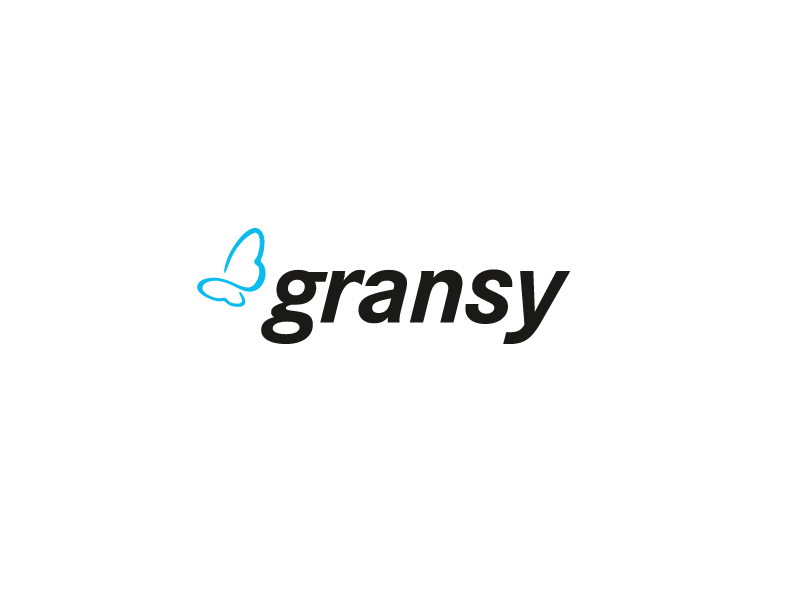Beautiful Greece, summer vacation. During the day, sand beach, hot sun, hot air, cool water, and hard to sleep at hot nights… All of the sudden, ZZZZ in my ear. Ah, those damn mosquitoes! One mosquito was so stubborn, attempting to enter my ear, that I spent an hour organizing a night hunt. Crunky, tired, nervous, but stubborn to kill him. If I had a gun, tank, or hypersonic missile, I would use it. You know that frustrating feeling of dealing with mosquitoes? It seems to me that Russians share a similar sentiment regarding our topic – who is that mosquito responsible for the content on the website?

Unfortunately, they have guns and they intend to use it on mosquitoes. Their idea is simple – domains are regulated, registered and you have WhoIs for them. Why don’t we replicate this, build strict rules for hosting and register all websites? Kind of registry for websites, and they will have all the control over Internet! So, from December 1, 2023, Russian hosting providers will be required to verify the identity of their clients according to new rules. To have a website, you as a client need to give to Russian hosting company your biometric ID card or passport, use electronic signatures, in person or through transfer of money from states of EuroAsian Union (EAEU). If you are a company, then prepare papers for the company. They might even ask for your blood type and shoe size, so be prepared to provide the necessary documentation.
As a company, Gransy is averse to regulations that require extensive paperwork. But, put that on the side, not even automation, Gransy’s middle name, is the goal of this law. The goal is simple: strict control, and we haven’t touched on the biggest issue yet. The ultimate things in these Russian provisions are on the side of hosting company. Hosting providers must be registered and accredited to do that job, by providing proofs that their servers are located in Russia, they use state DNS system and they must also have “the technical capabilities to ensure information protection requirements and install technical means to counter threats”. It actually means that provider must give to state authorities (permanent?) access to whole hosting infrastructure, for “conducting operational-search activities”. After December 1st, not a single annoying mosquito will dare to fly in the Russian internet!
Simple solution, Russia solved our problem! By controlling and monitoring everything on Internet, you can bust the content creator, the spammer, the hacker… Just make some nasty move, and you are busted, son, make my day! Gulag for your hate speech or nasty comment! However, what about oppositional political activities? Who knows, but Roskomnadzor may not like it.
Seriously, does this approach truly offer a solution? By monitoring everything you will just have state favorite hosting companies, while vast majority of others, hosting companies or users, will have to find other ways or even go to illegal part of Internet – either Dark net, or they will host sites and operate outside of the country. Facebook is filtered in Russia, but still Russians are using it – have you heard about VPN?
No, this is not a solution. It’s like using a hypersonic missile to kill a mosquito, causing damage to the entire Internet in the country.
[TO BE CONTINUED]

